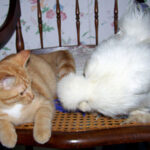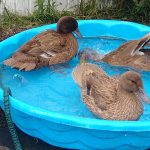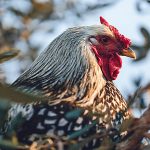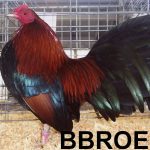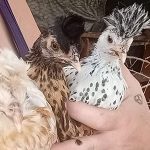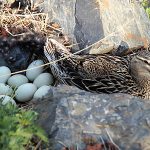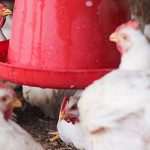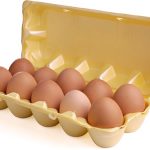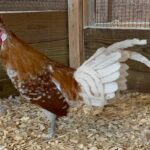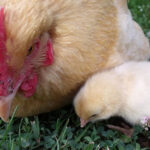
Orpington chickens get their name from the town of Orpington in Kent, England. They are the creation of Britain’s William Cook, whose goal was developing an outstanding meat and egg breed that tolerates England’s cold winters. Orpingtons first appeared at exhibition in London in 1886 and were first shown in the United States in 1895. […]
Continue Reading
